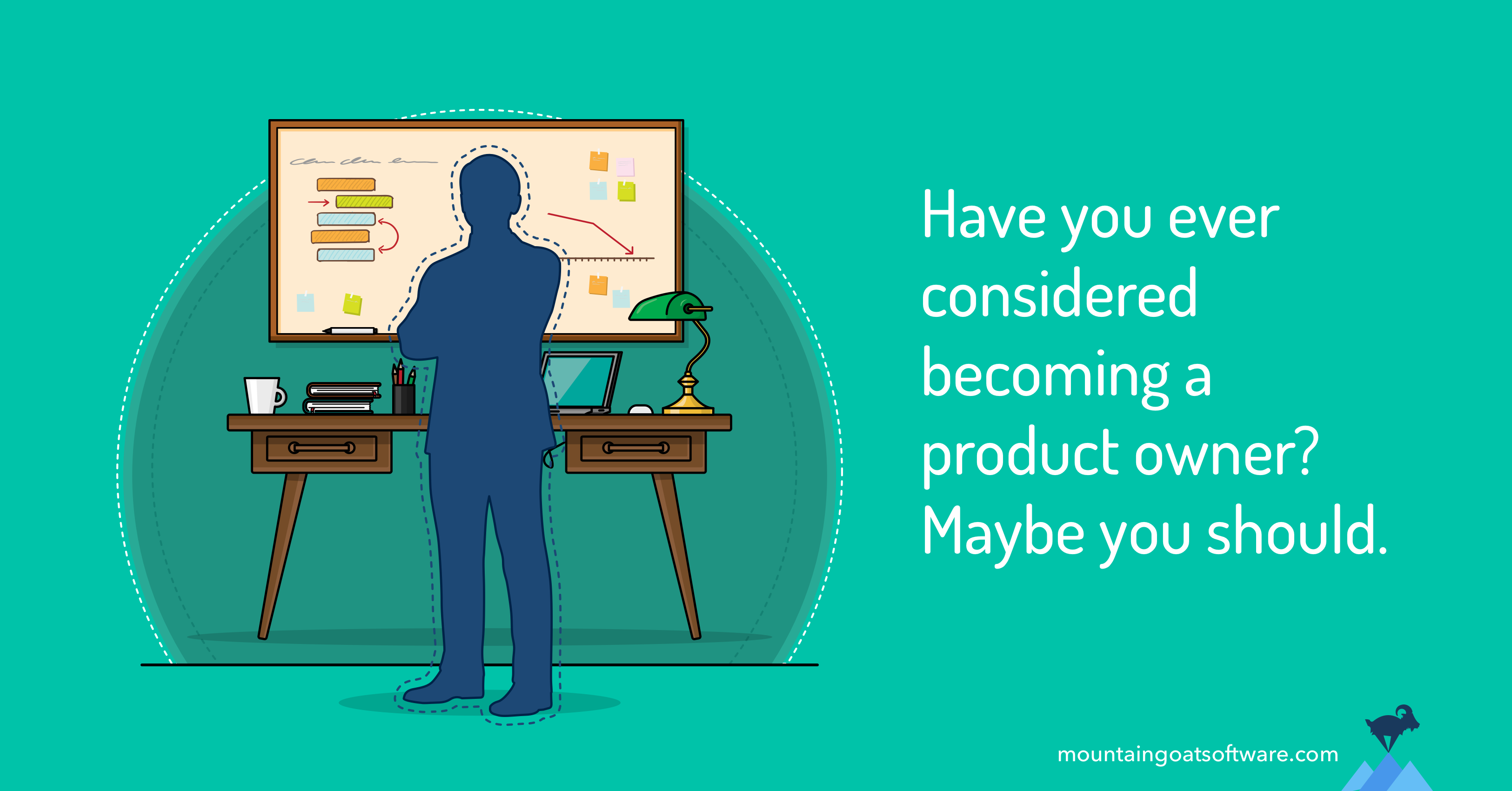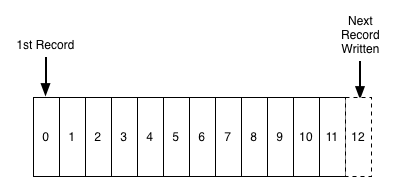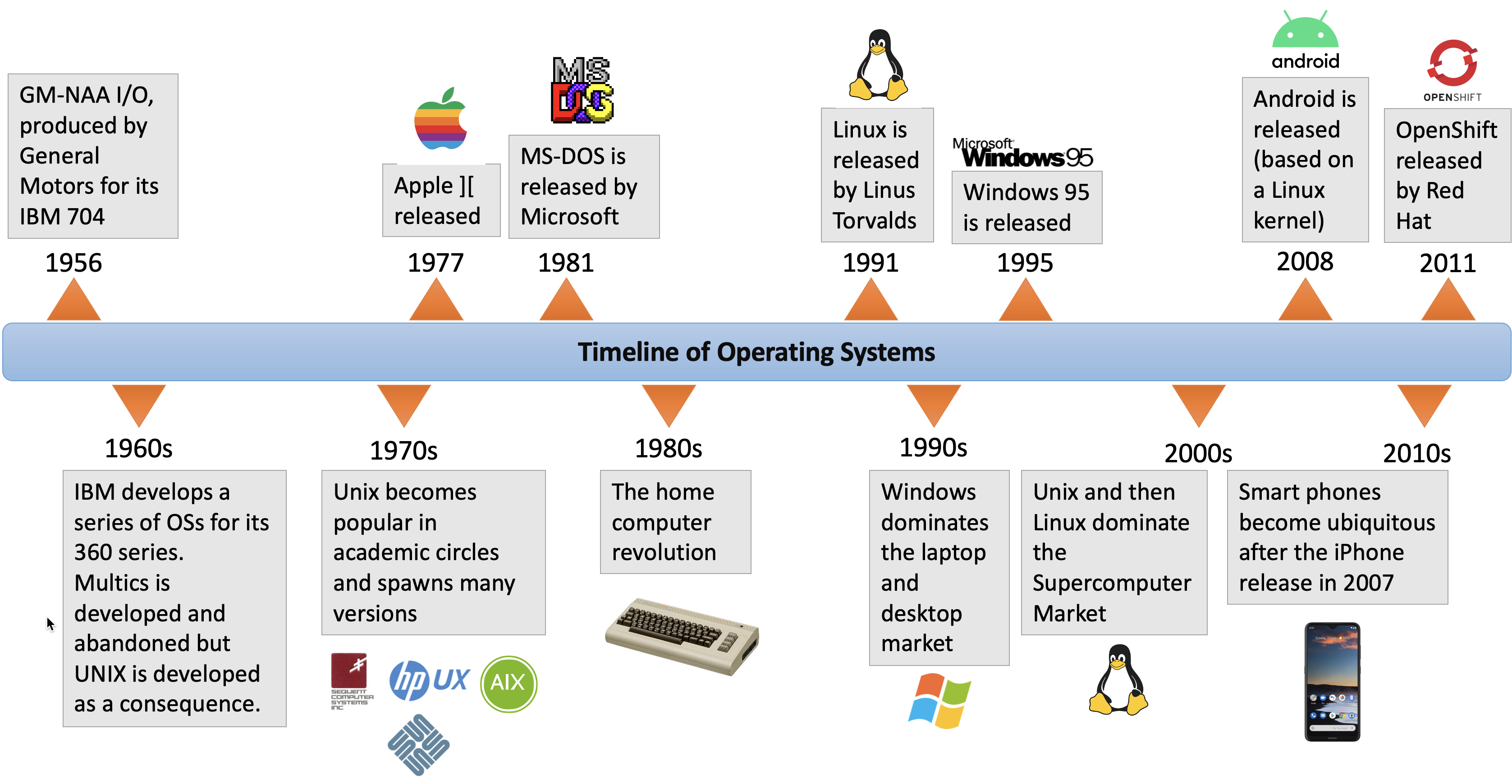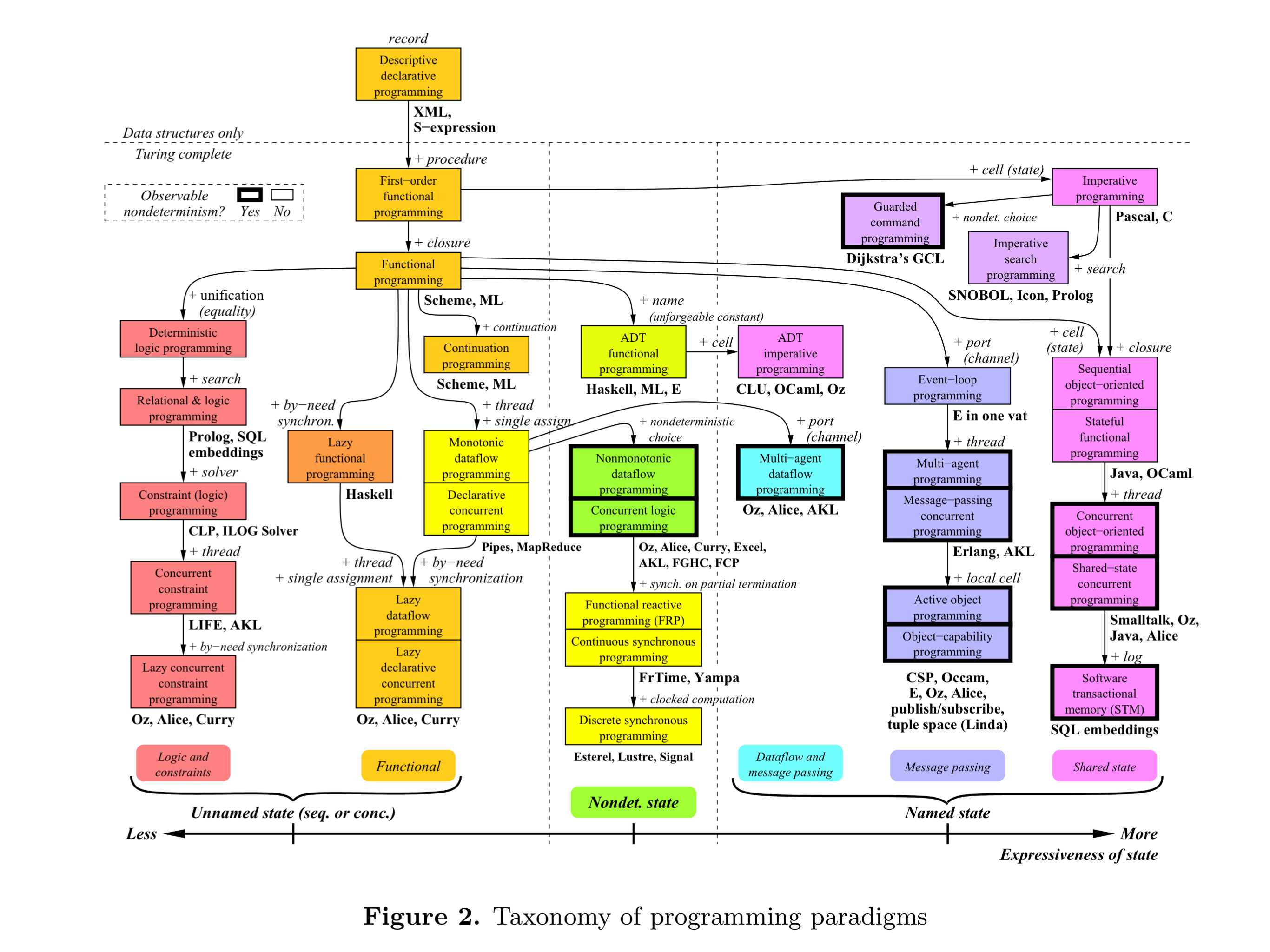
Grist for the Mill
Let’s say that I ask you to calculate all the happy prime numbers between Planck’s constant and the speed of light expressed in meters per minute. Did you immediately start reciting numbers to me? Odds are that you did not. How accurately can you estimate the time it will take you to find those numbers? There are a number of problems encountered that slow progress and prevent estimation: Do you really understand what I have asked you to do?...








